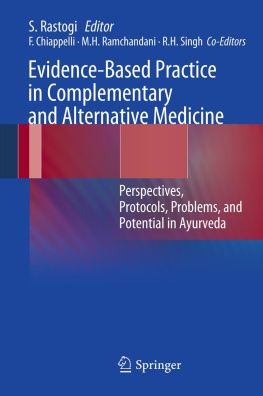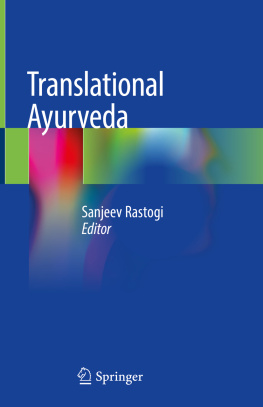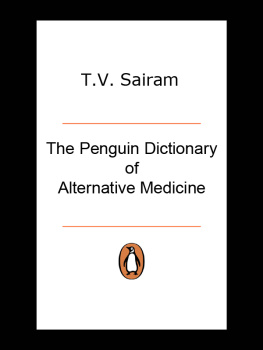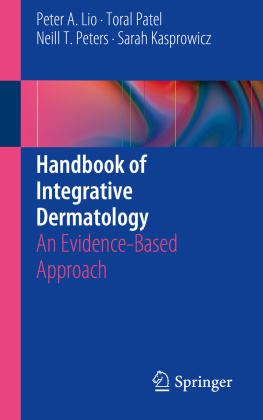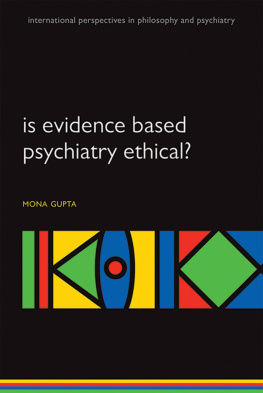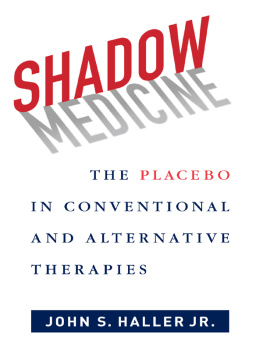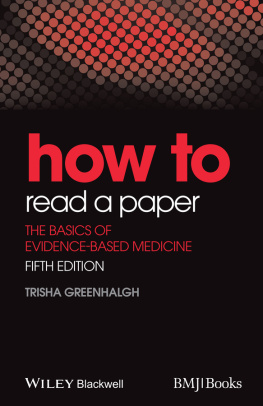1.1.1 The Primary Cause of Things
In an early publication over a decade ago [], we proposed that it was necessary to approach the then novel and emerging field of evidence-based dentistry from a teleological perspective. To state it in brief, the Aristotelian concept of teleology proposes that we must look for the primary causes of things, acts, or events, and that when such things, acts, or events are initiated and sustained toward a clear and definable end, then they are teleological. In simpler terms, a process or action is teleological when it is driven and conducted for the sake of an end that can be outlined; that is to say, a teleological process is one that displays a articulated finality, that has a cogent final cause, a telos (Greek for final cause, ).
Aristotle (384 BC322 BC) identified and discussed two types of final causes. He proposed that:
A process endowed of an external final cause was one driven for the sake of, and dependent upon, a primary reason external to itself, such as for example a parent acting for ensuring the well-being of the child.
By contrast, a process is said to have intrinsic telos (intrinsic cause of finality) when it operates for itself, and not for the sake of something external to itself. One could cite the example of the crook taking advantage of the rich widow for the simple outcome of enriching himself by tricking her into bestowing upon him expensive gifts.
Contemporary philosophy of science errs in dismissing the fundamental tenets of teleology, since it is evident that its principles could significantly contribute to the interpretation of existing observations in a range of fields, from behavioral neuroscience to clinical psychology. Furthermore, teleological propositions could help advance the field of health care by providing sound emphasis to novel models toward increasing the health literacy of the patients, and their compliance to treatment, and well as toward yielding more powerful, valid, and reliable modes of treatment intervention.
Whether one consults the tradition of what has now been called Western medicine, or the traditional medical models found in innumerable cultures and societies around the world, which are subsumed in the term alternative medicine, and whether one considers either of these medicines alone or in combination to each other, in a complementary mode as we now call it, it is clear that there is a fundamental finality to the action of he who provides health care to another: to assist and to cure, causing no harm, while grounded in a moral of conduct that strives to respect, to celebrate and to benefit the life of the person being cared for [].
Clearly, the actions of those who provide health care, be they physicians, dentists, nurses, or clinical psychologists, have a certain, clear, and distinct extrinsic teleological finality: the health-care provider actions, decisions, and interventions are driven for the sole purpose of ensuring that the patients regain, sustain, or maintain his or her physical, mental, and psychoemotional well-being. The health-care providers action may therefore be either predominantly interventional in nature that is to say, there is a disease process or an illness that needs to be countered so that the patient can regain physical and mental well-being; or it can encompass largely preventative measures that are meant to assist the patient to sustain and to maintain health and well-being.
The finality of Western medicine is principally intervention, although clearly not totally so many Western medical interventions (increasingly, one should note in fact) are directed toward preventive medicine, but it is the case that the Western health-care tradition is called on, predominantly, to cure disease rather than to prevent it. By contrast, non-Western health-care traditionsalternative medicines, such as the traditional Indian Ayurvedic corpus of medical interventionsgenerally aim to prevent illness primarily, and secondarily, when necessary, to intervene to regain the state of non-illness.
In part because of this fundamental divergence in the extrinsic teleological primary cause of Western and alternative health care, and because of the distinct philosophical traditions, Western medicine has come to rely more on continual novel developments in experimental evidence than on rigid and outdated tenets. By contrast, alternative medicines are grounded primarily on centuries-old knowledge and tradition, which now are tested, characterized, and confirmed by sound experimental designs.
Thus has evolved the misgiving that whereas Western medicine is based on research evidence, alternative medicines are not. Indeed, it has also been charged that alternative medicines cannot, perhaps can never be based on research evidence for the simple reason that alternative medical procedures and protocols have not, and in some instances cannot be subjected to mainstream experimental methods []. That is, of course, a fallacy of the like of proving that something cannot be proven not to be round because it is not round to begin with.
What we know today in the Western world as Western medicine has grown and evolved from our Western scientific tradition, and it is what it is because of its foundations in Western culture and the Western view on science, health, and disease. It gathers experimental evidence to prove or to disprove hypotheses in support of further growth and evolution that particularone could say biasedview of health and illness.
By contrast, alternative medicines have arisen from distinct philosophical tradition and are ground in views and tenets of health and illness that are different, sometimes diametrically opposed to the Western view. To subject alternative medicines to the criteria of the Western tradition is as ill-conceived as the reverse: to subject the Western medical tradition to the test of alternative medical schemata. Whereas we, in the West, will seek to characterize molecular pathways, proteomic signatures and profiles, and cell lineages; alternative scientific traditions will seek to capture the essence of the totality of the balance among the multiple aspectsmind and bodythat constitute the individual and determine his/her state of health or ill-health, ease or disease.
To be overly simplistic, one could state that the Western view on the health sciences might be that the primary cause of a disease process might be certain cellular, biochemical, or molecular events gone wrong. Therefore, the primary cause of health care might be to identify, by means of stringent experimental work, what the responsible biological events might be so that then, based on that research evidence, they can be targeted in focused and directed therapeutic interventions.

